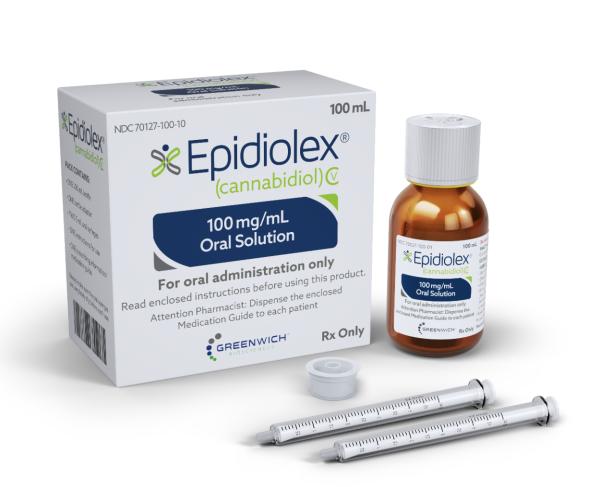Cannabidiol Interactions
There are 623 drugs known to interact with cannabidiol, along with 2 disease interactions, and 2 alcohol/food interactions. Of the total drug interactions, 19 are major, 548 are moderate, and 56 are minor.
- View all 623 medications that may interact with cannabidiol
- View cannabidiol alcohol/food interactions (2)
- View cannabidiol disease interactions (2)
Most frequently checked interactions
View interaction reports for cannabidiol and the medicines listed below.
- Adderall (amphetamine / dextroamphetamine)
- Alcohol (contained in alcoholic beverages) (ethanol)
- Aleve (naproxen)
- Allegra (fexofenadine)
- Aspirin Low Strength (aspirin)
- Ativan (lorazepam)
- Benadryl (diphenhydramine)
- Claritin (loratadine)
- CoQ10 (ubiquinone)
- Cymbalta (duloxetine)
- Eliquis (apixaban)
- Fish Oil (omega-3 polyunsaturated fatty acids)
- Flonase (fluticasone nasal)
- Lexapro (escitalopram)
- Lyrica (pregabalin)
- Metoprolol Succinate ER (metoprolol)
- MiraLAX (polyethylene glycol 3350)
- Mucinex (guaifenesin)
- Omega-3 (omega-3 polyunsaturated fatty acids)
- Probiotic Formula (bifidobacterium infantis / lactobacillus acidophilus)
- Tylenol (acetaminophen)
- Vitamin B12 (cyanocobalamin)
- Vitamin C (ascorbic acid)
- Vitamin D3 (cholecalciferol)
- Vyvanse (lisdexamfetamine)
- Xanax (alprazolam)
- Zinc (zinc sulfate)
- Zofran (ondansetron)
- Zoloft (sertraline)
- Zyrtec (cetirizine)
Cannabidiol alcohol/food interactions
There are 2 alcohol/food interactions with cannabidiol.
Cannabidiol disease interactions
There are 2 disease interactions with cannabidiol which include:
More about cannabidiol
- cannabidiol consumer information
- Compare alternatives
- Reviews (7)
- Latest FDA alerts (2)
- Side effects
- Dosage information
- During pregnancy
- Support group
- Drug class: miscellaneous anticonvulsants
- Breastfeeding
- En español
Related treatment guides
Drug Interaction Classification
| Highly clinically significant. Avoid combinations; the risk of the interaction outweighs the benefit. | |
| Moderately clinically significant. Usually avoid combinations; use it only under special circumstances. | |
| Minimally clinically significant. Minimize risk; assess risk and consider an alternative drug, take steps to circumvent the interaction risk and/or institute a monitoring plan. | |
| No interaction information available. |
See also:
Further information
Always consult your healthcare provider to ensure the information displayed on this page applies to your personal circumstances.


